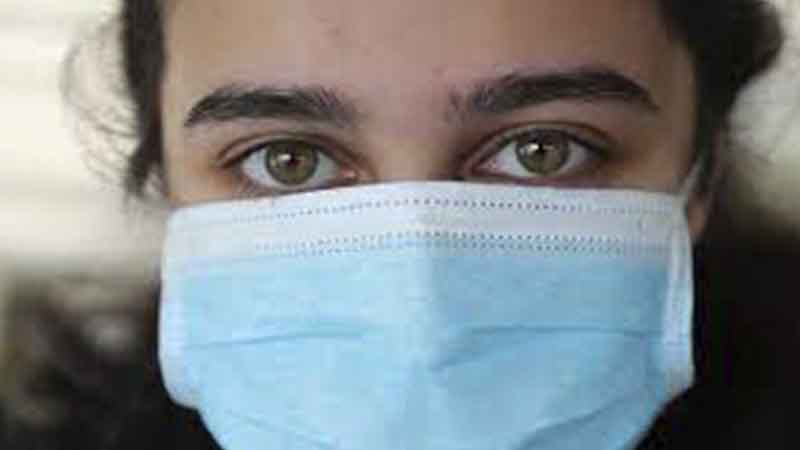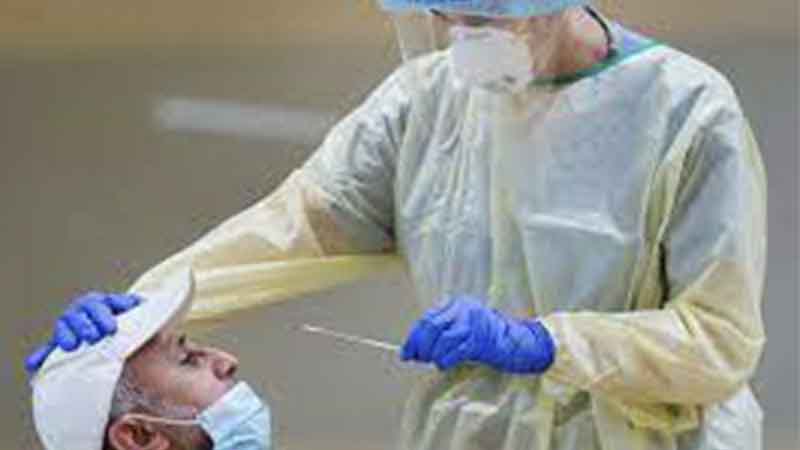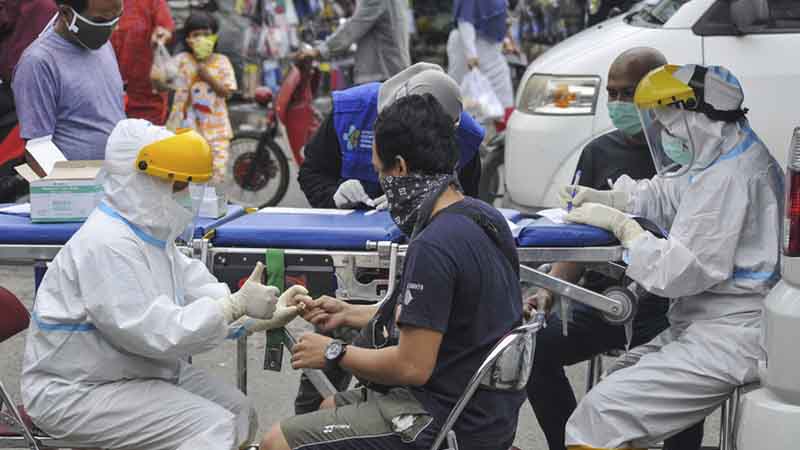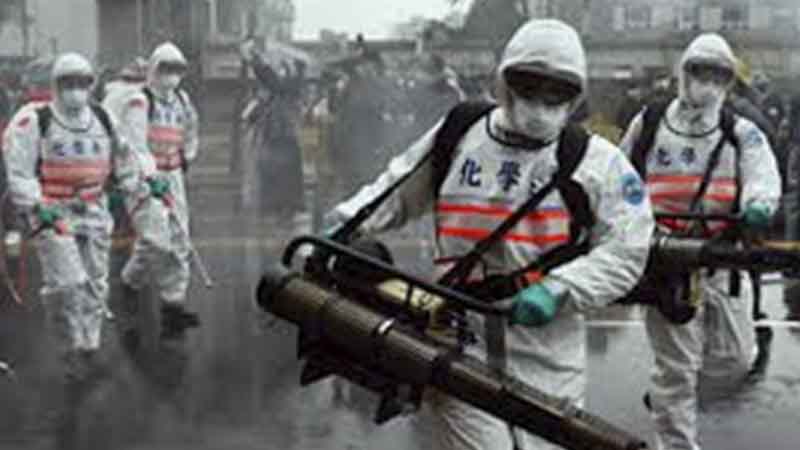Silver Lining in Covid Pandemic
- කාලීන
- الزيارات: 852

The COVID-19 outbreak has completely upended everyone's life. Thousands of lives were lost in two years. Many companies filed for bankruptcy. There is a growing economic crisis. We can see the losses wherever we look. But the scientists have discovered a silver lining in the COVID pandemic. They assert that the new normal has made it possible to identify advancements in the treatment of ailments.
The virus's emergence and subsequent treatment appear to be complex processes. Scientists from all over the world experimented with different medications and vaccines that could fight the virus to find a cure. As a result, several scientists have identified novel antibiotics for various previously incurable illnesses. And as a result of these tests, a novel vaccination technology that can be used to treat various diseases has been found. The mRNA technology, which has been developed over a long period, enabled the production of the Pfizer and Moderna vaccines. Additionally, using this technique, next-generation flu vaccines can be created for illnesses like influenza, which are continually evolving. Moreover, researchers have shown that the same mRNA technology may be used to fight cancer

Another positive development was that following the virus, people started to take e-healthcare more seriously. Before the pandemic, telemedicine and e-healthcare had been considered for years without much funding or dedication to implementing them broadly. Mobility restrictions were put in place as the epidemic spread and made it difficult to get to medical facilities. Virtual consultations were becoming more commonplace, and no in-person encounters were permitted. For health professionals in low- and middle-income nations, particularly in distant places, remote learning may soon be a reality because of the advancements in digital connection, such as more affordable and effective teleconferencing technologies.
A more effective emergency surveillance network was made possible by COVID-19. To respond to the crisis, a large portion of COVID-19 surveillance depended on the already-established worldwide influenza surveillance network. This demonstrates very clearly the benefit of having a solid surveillance system in place that can be modified for different infectious illnesses, particularly in Asia, Africa, and Latin America where it might be difficult to build up new systems during a crisis.


In many low- and middle-income nations, community health workers have been a fixture, working covertly as a link between the healthcare system and communities to foster trust, serve as advocates and educators, as well as do outreach. Community workers have been beneficial during the epidemic in areas that have been most affected but are also the most skeptical about vaccinations, such as African American and Hispanic populations in the United States. Now that their importance has been established, nations whose healthcare has moved away from the community and toward individualization may switch back to a community-led system.
The pandemic has demonstrated the necessity for health systems to be both strong and resilient in order to respond to and recover from a crisis. This entails being adaptable enough to adopt a new style of working through the use of community health workers, virtual medical consultations, or reassigning health staff to the crisis. Many African and Asian nations have successfully implemented these measures, including giving their healthcare personnel access to mental health treatment.
Prarthana Thelis
Special Third year
Department of Mass Communication
Faculty of Social Sciences










































